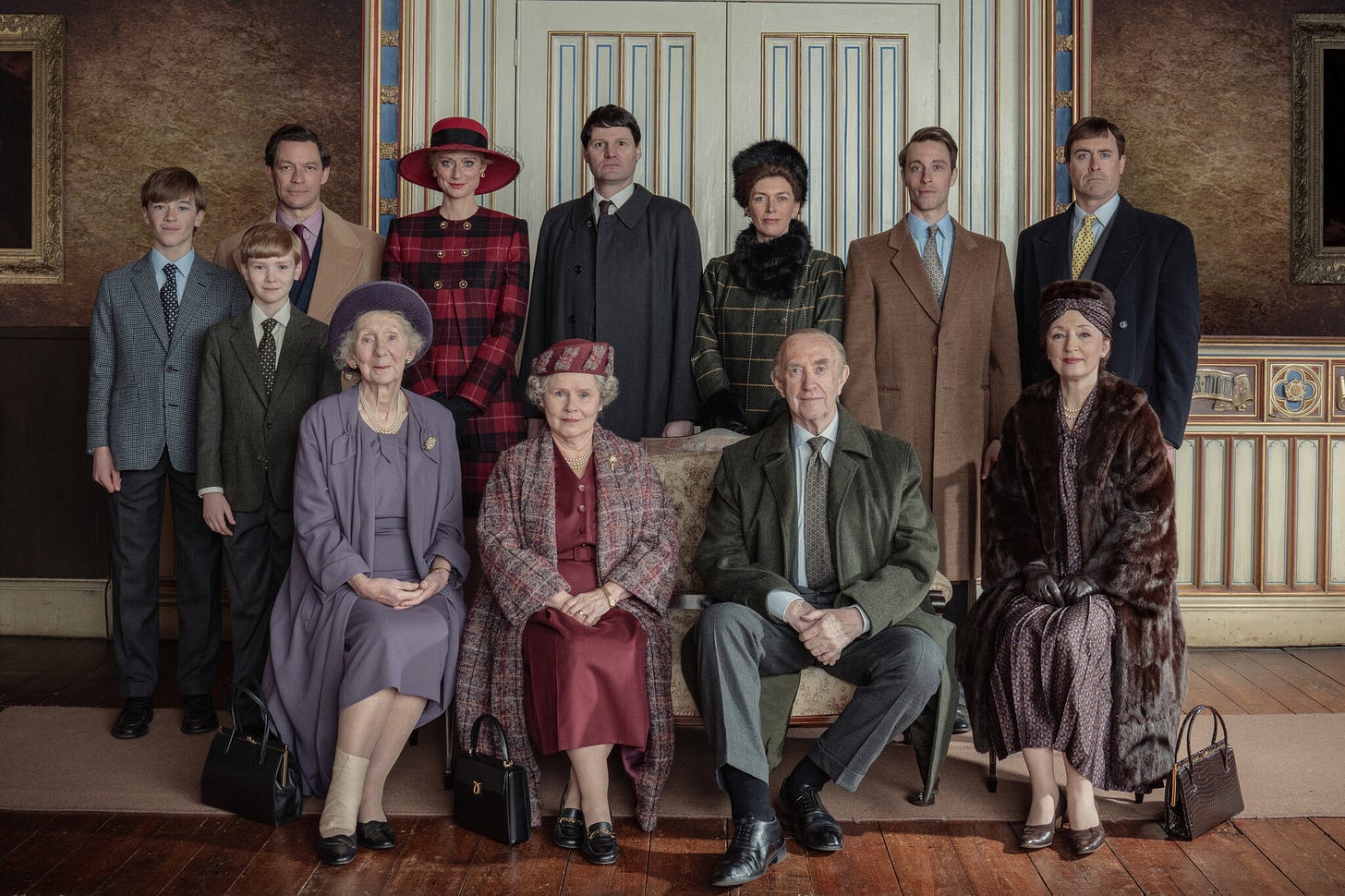Writing about working-class joy
An addendum to "The relationship between social class and children's publishing"
Disclaimer: this is a personal opinion piece, I am not speaking with any authority on class, this is just how I perceive my lived experience.
You can find my original piece here but if you don’t want to have to read it, the gist of it is that I think we need more children’s books (and books in general) written by working-class authors.
BUT, as the brilliant Mel pointed out, I got in the weeds talking about the barriers working-class people face. That’s all my internalised shame and biases getting involved again.
Firstly, I should say that while yes, I suffered abuse as a child, I don’t think that’s entirely related to my class. That being said, I think it is important to consider how socio-economic background and community impact children’s exposure to hardship and abuse, directly or otherwise.1 Really though, writing books about unhappy home lives is a separate issue and a post for another day.
But the main point of my original essay is that moving in affluent middle-class circles, being given ready access to what is considered acceptable or elite art, culture and education, and having a posh accent has made it easier for me to have a career in the creative industry. I have privileges too numerous to count; not least being that I unselfconsciously say stuff like “numerous”.
Still, I think a lot of my favourite things about myself can be attributed to what I consider to be my working-class roots. I just got so caught up in the problems of social disparity and discrimination in my last piece that I made it sound like all negatives.
I also want to say that obviously, social class is often difficult to define. My older siblings aren’t sure about me using the working-class label at all. There was some debate in our WhatsApp chat about how our social class shifted when my dad left, but I was still a very small baby at the time, so I don’t remember what it was like when he lived with us. But I learnt that before I was born my mum had a white collar job, and it was also pointed out to me that three out of four us went to a grammar school (its free in Buckinghamshire, but still). On top of that, they flagged that it sort of reads like I was saying bad parenting = working-class. Which is a pretty shitty thing to say and is categorically untrue.
So to be clear: while money and absent and mentally unwell parents were a factor in how I was raised, I certainly don’t think that’s what defines being working-class. I know and grew up around plenty of working-class people with money and/or living within what you could describe as a conventional, happy family.
Maybe if social mobility wasn’t such a hot topic, I would have skirted it, considered my issues with the narrow scope of children’s publishing only by how they relate to unstable homes. But I do also believe that working-class values, cultural interests and tastes are part of my identity. I think that my upbringing gives me a somewhat unique view: reductively, I was what I describe as working-class during the week and middle-class at weekends. Both of those versions of me think we need to cast a broader net when finding stories to read, listen to or tell: the happy, the sad and everything in between.

Please share your working-class joy in the comments below.
More things to read/follow:
“Where did all the working class creatives go?” by The Hopeful Hun
Carmina Ripolles: photographer
“Am I working class enough?” by Mo Fanning (The Bookseller only allows one free article per month, try opening a private window if this is behind a paywall)


Thanks so much for including my piece, too.
I read your original article this AM and thought it was honest and delved into the complexities (around which there are many!) surrounding working class upbringings. We need to keep sharing these experiences!
I read both too and would love to hear you speak to the different values and interests. My mother came from a working class family and my father middle class but their childhoods were disrupted by WW2. They’re Holocaust survivors and it’s hard to separate out class vs immigrant vs trauma. My home was also abusive and yes complex ptsd for me too. It’s complicated. And I love that you address the complications.